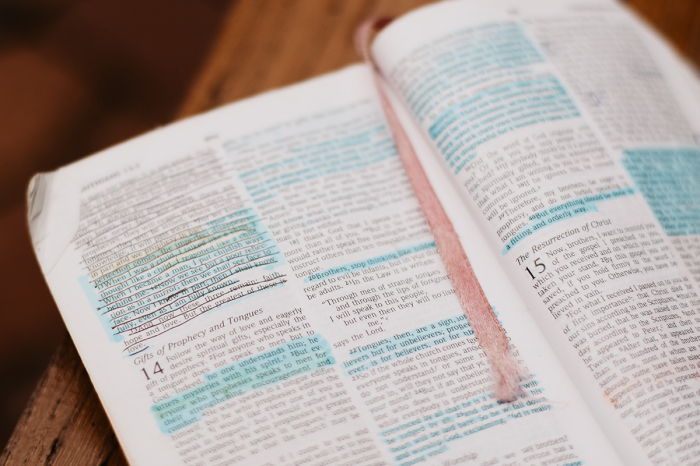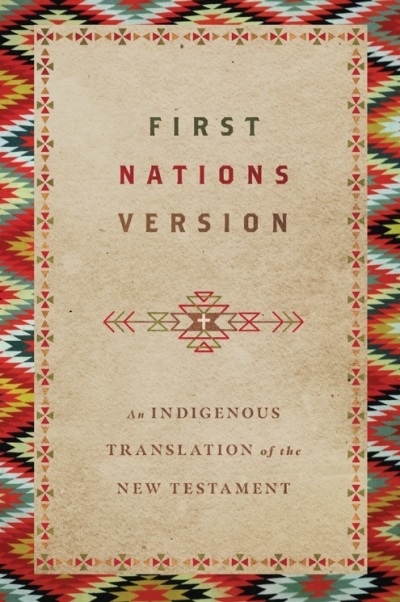New Bible translation embraces Native American storytelling for indigenous believers

A new English translation of the New Testament specifically aimed toward conveying Christian beliefs through Native American cultural concepts and storytelling has been released.
Titled the First Nations Version: An Indigenous Translation of the New Testament, it was released Tuesday by InterVarsity Press.

The English translation sought to balance common cultural patterns of Native Americans while also staying accurate to Christian theological concepts stated within the New Testament.
One example is John 3:16, rendered in the commonly used New International Version as “For God so loved the world that he gave his one and only Son, that whoever believes in him shall not perish but have eternal life.”
In the FNV, it is rendered, “The Great Spirit loves this world of human beings so deeply he gave us his Son ― the only Son who fully represents him. All who trust in him and his way will not come to a bad end, but will have the life of the world to come that never fades ― full of beauty and harmony.”
IVP Senior Editor Al Hsu told The Christian Post that the project had extensive input from Native Americans representing a diverse array of tribes in North America.
The lead translator, Terry Wildman, himself of Native American origin, worked with a 12-member council of Native Americans from different tribes and locations, including men, women, pastors, elders and young adults.
“The team has engaged with indigenous churches, sharing samples and garnering feedback about potential use throughout the process. Additional reviewers and cultural consultants from over 25 different tribal heritages were also in partnership with the team throughout the process,” explained Hsu.
“The feedback received from Native churches, leaders and Bible scholars after over 1,300 received draft versions of the translation of the book of Luke was overwhelmingly positive and many suggestions were also incorporated.”
Additionally, noted Hsu, there was “close collaboration” on the project with groups including Wycliffe Associates of Orlando and OneBook, a Canadian organization that focuses on helping translation projects for indigenous peoples all across the planet.
“There just haven't been many Bible translations specifically for Native Americans, and certainly not translations done by Natives for Natives. Most Bible translation and Christian publishing has been done by predominantly white communities,” continued Hsu.
“While this has, of course, produced many excellent English language Bible translations for our study and edification, we may have missed some things in Scripture.”
According to an online description, the First Nations Version recounts Christian Scriptures "following the tradition of Native storytellers' oral cultures."
"This way of speaking, with its simple yet profound beauty and rich cultural idioms, still resonates in the hearts of First Nations people," the description reads.
InterVarsity acquired the publishing rights for the FNV Bible in response to its usage by their campus ministry wing, specifically its outreach to First Nations peoples, Native InterVarsity.
“We reviewed the FNV Gospels and some of the Epistles, and we were impressed with its fresh, vivid rendering of Scripture in ways that harkened back to its original biblical context,” recalled Hsu.
“InterVarsity and IVP have from the beginning been committed to helping readers understand, experience, and live out the truth of Scripture, and so we picked up the publishing rights for the FNV New Testament as one way of helping readers discover God's Word anew.”
In recent years, there have been multiple efforts by Christian churches and ministries to improve outreach to Native American populations through reconciliation projects and translations of religious works.
In 2018, for example, the Episcopal Church bestowed a $45,000 grant to the Episcopal Diocese of South Dakota for a project aimed at translating the Book of Common Prayer into contemporary Lakota.




























